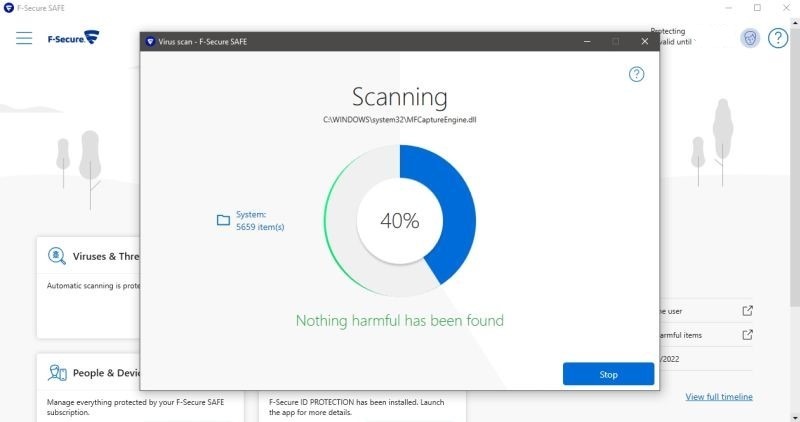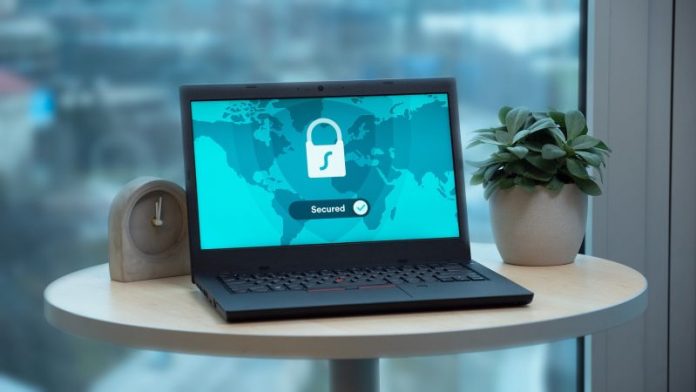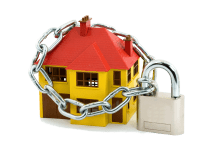Nearly everybody is online these days (about 94% of UK homes), using the internet is a way of life for most people. In the UK, a lot of children today will have a computer, tablet, smartphone, internet connected television and if not, they will have access to one through school, local libraries or friends. Parents and carers know the school and library computers should be safe as they are generally locked down quite well with internet safety tools built in and inappropriate websites blocked, but when they are at home do you know what they are browsing on the internet or who they might be talking too? With teenagers seemingly having a mobile phone implanted into the palm of their hands, what are they doing for so long (and why can’t they keep they level of interest and concentration when it comes to homework)? How do you try to keep them safe online without sitting over their shoulder watching everything that they do? Is it safe to logon and let them to do their homework, chat with friends or play games without the need for constant supervision?
As a parent or carer to be able to keep your children safe on the internet you need to learn a bit about the internet and how to use it, allowing you to manage security settings and installing blocking software. Educating yourself with regards to internet security will help you educate your children and make the online world safer for them.
There are plenty or risks of risks online, not just for children but adults also, such as:
- Inappropriate contact from others, this includes cyber-bullying
- Viewing inappropriate content not suitable for their age group (sexually explicit, violent, racist etc.)
- Risk of viruses and malicious software
- Revealing personal information (risk of identity theft, letting people know where you live etc.)
- Excessive bills from playing online games and purchasing add-ons
There are plenty of resources available to help you grasp internet security (UK Safer Internet Centre is a very good place to start), some free and some paid for, in the form of online courses, books and online tutorials. So before you let the kids loose on the internet, don’t just give them free reign, do a little bit of research yourself and learn basic internet security.
Following a few rules can help you and your family safe online and give you a better peace of mind.
- Make sure you have an up-to-date anti-virus and antispyware/malware program.
- Set the privacy settings in your browser including blocking pop-ups.
- Have the computer in a shared room so you can keep an eye on their browsing.
- Install a third party parental control program.
- If you allow your child to have email and social media accounts (they really should be 13+ to have these) maybe set them up for them so that you have the usernames and passwords so that you can monitor the accounts, should you need to.
- Don’t use real names as a username.
- Don’t use personal information such as birthdays or pets names as passwords.
- Never share personal details.
- Teach your child not to communicate with strangers and never arrange to meet in person.
- If the children want to enter a contest or join clubs check it out first and fill in the registrations for them/with them.
The use of a parental control program is a great method for blocking inappropriate content and barring or allowing websites that your child can visit. There are a lot of programs out there, some free but most paid. If you are using a Windows PC then make use of the free Microsoft Family Safety account – it is built right into the operating system and allows you to manage screen time (including the Xbox), filters and blocks inappropriate content, gives you weekly activity reports and on compatible devices can even show you where their device is on a map. Norton offer Norton Family (it does have a cost of £14.99 per year) which offers supervision of websites, videos, searches, mobile phone downloads etc. and we have been using F-Secure SAFE (costs from £34.99 per year to secure up to 10 devices) which is an anti-virus, browsing and online banking protection with parental controls, or you could allow only specific devices to use your router.

You can also take a look at that shiny new router box you received when you took out your broadband subscription, it really isn’t just a dust collector to be hidden away in a corner of a room and forgotten about – they generally have lots of other functions than wifi and internet connections. A lot of modern routers allow you to set usage times within their settings, as well as allowing or blocking specific devices – for example, you might want to block a specific phone at night so that it can’t be used whilst the user should be sleeping.
Using the internet is fun, entertaining and can be very educational when used properly but it can also be dangerous. Used properly, being aware of any dangers and scams whilst adding the appropriate level of internet security will help keep it safer. As parents/carers we should familiarise ourselves with all the tech in our homes and learn how to set, change and manage basic security settings on all devices we own and use, installing relevant internet security software to help when necessary, and make sure that we do keep an eye on what the children are looking at, who they are chatting to and teach them the dangers of the internet and what information they can and can’t give out (even if they think they know the person they are chatting to).
Make sure that you talk to your children about the internet – its positives and negatives. In the event that something is happening that they are uncomfortable about make sure that they know to speak to someone they trust about it (an adult family member or family friend, a teacher at school etc.). Make sure that they know to report bullying and abuse, to you and directly to the website or app.
If you need more information about online safety and making the internet safer for your children, or even for yourself, visit www.thinkuknow.co.uk or www.childnet.com. These are great resource websites for children, parents and teachers.
If you think your child is being stalked, harassed or groomed online, there is help available and you can contact www.ceop.police.uk, the UK’s Child Exploitation and Online Protection Centre (CEOP) or your local police.






